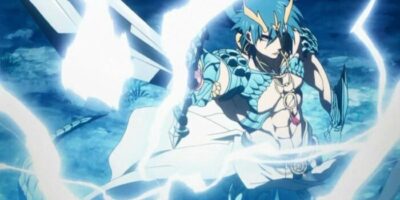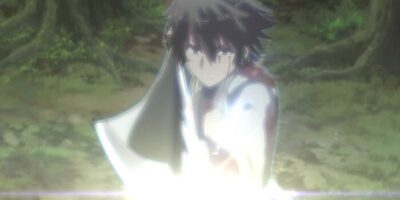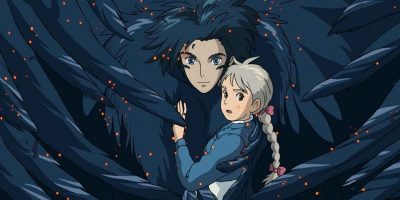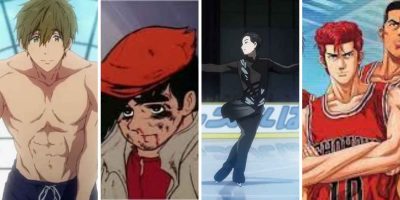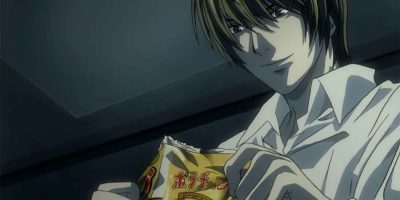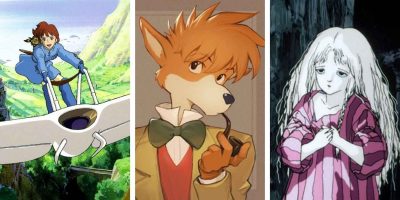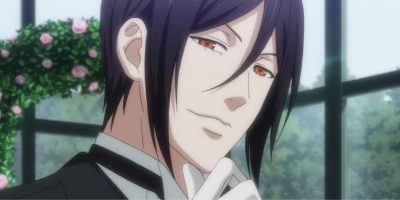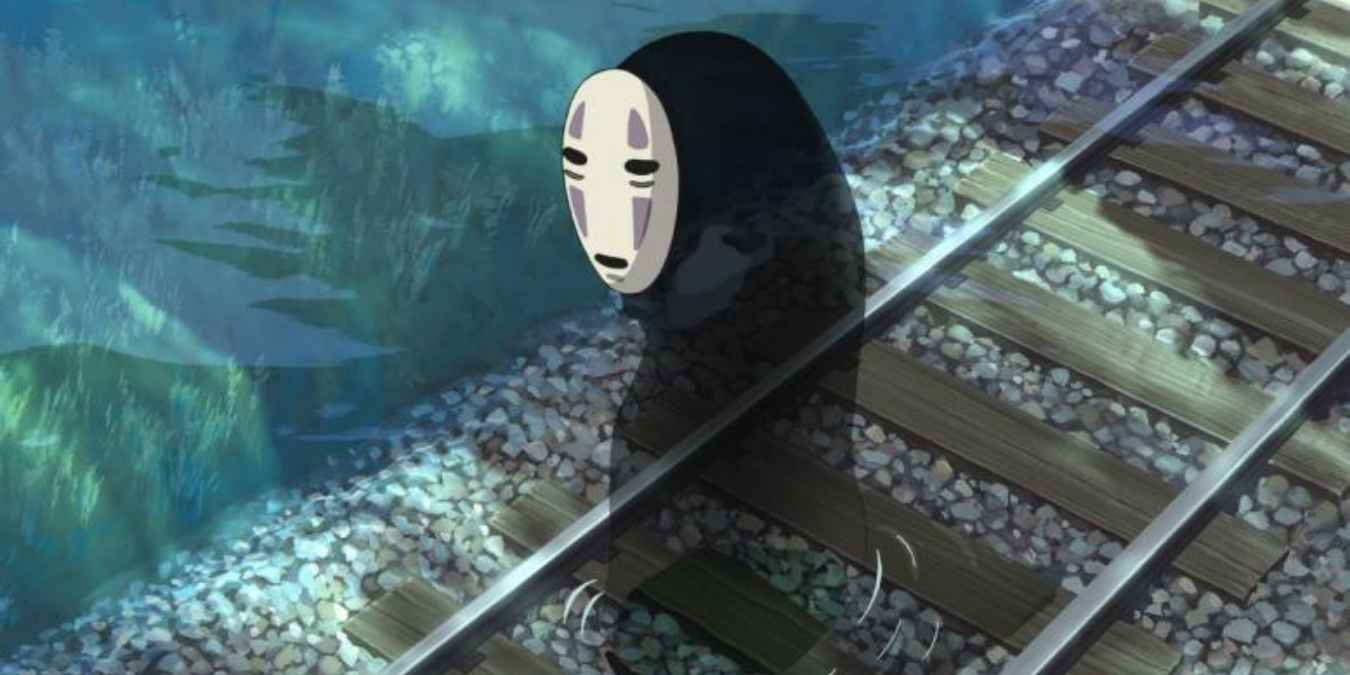
Anime fandoms are some of the most diverse of any genre, and for those of us watching in the west, there’s the added bonus of enjoying quirky phrases in the original Japanese. The trouble is, if you don’t understand Japanese, they go right over your head, and you end up missing a lot of the in-jokes, quirks, and delights of anime because you have no idea what anyone means. Aside from the Japanese terminology, there are also other anime words that have developed around the genre.
To help you, we’ve put together a beginner’s guide to some Japanese terms used in anime.
Love a good anime guide? Check out our post on Black Butler, and all you need or know about an enigmatic demonic servant.
Aho
A phrase from Japan’s Kansai dialect, aho means ‘idiot’ and is a way of teasing or joking without being genuinely offensive.
Akuma
A Japanese word meaning demon or devil.
Anime
We’re all calling it anime but what does the world actually mean? While it’s often considered to simply mean ‘animation’, and at a stretch ‘Japanese animation’, the word really means animation that is infused with the Japanese art style. This is what distinguishes it so much from western animated TV shows and films, as the artistic style of Japan is very distinctive.
Ayashii
While it primarily means dubious, suspicious, or shady, this Japanese word might also mean bewitching or charming.
Baka
Another word meaning ‘idot’ or ‘stupid’, unlike aho, ‘baka!’ is something you say when you genuinely mean it. It’s considered an offensive term.
Bakemono
Not to be confused with bake, bakemono means goblin, monster, or ghost.
Betsu ni
In some ways, ‘betsu ni’ is the Japanese equivalent of shrugging or saying, “Whatever!” this is a common phrase in anime that can either mean ‘not particularly’ (🤷) or ‘it doesn’t matter’ (whatever).
Bijin
One of the more flattering entries on this list, a bijin is a beautiful woman.
Bishounen/Bishoujo
Often shortened to ‘bishie’ this means a pretty boy (bishounen) or pretty girl (bishoujo).
Chibi
Literally meaning ‘short’, a chibi is something small or miniature, yet super cute.
Chigau
Primarily meaning ‘to differ’, however, chigau can also be a question, “Wasn’t it?”
Chotto
Meaning ‘just a moment’, in a minute, somewhat, slightly, or a little bit.
Daijoubu
While this can be a polite refusal along the lines of “I’m good”, or “No, thanks!”, daijoubu usually means safe or secure.
Doki Doki
An onomatopoeia, doki doki describes the pounding sound your heart makes when you’re nervous.
Doujinshi
Essentially fan fiction, doujinshi is manga that’s been made by fans. Far from the online phenomenon that fan-fic is in the west, you can buy shelves of this stuff in Japan.
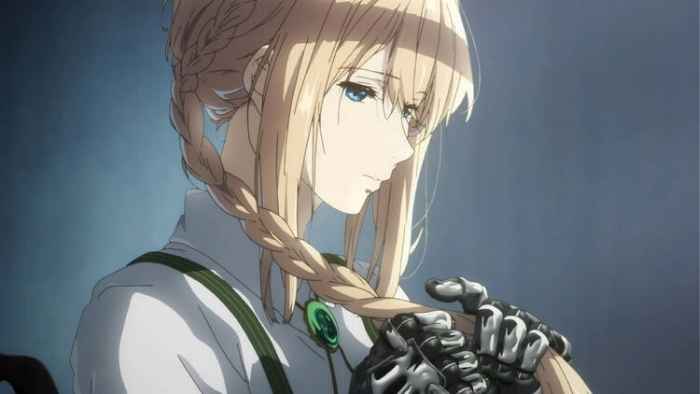
Ecchi
Refers to anime that contains sexual themes but isn’t explicit or graphic.
Fan Service
Elements that aren’t needed for the story or plot but have been included to make the fans happy. This is not one of the anime words exclusive to the genre; it’s why so many male characters go topless, and females wear low-cut tops and short skirts. Anime is only different because the up-the-skirt shots and perfect pecs are drawn.
Gakuran
School kids in Japan wear uniforms throughout middle and high school, called gakuran.
Harem
Although harem is an anime sub-genre in its own right, it’s also a common trope in anime and fiction generally. It referees to a situation where the protagonist is surrounded by multiple men or women who are attracted to or involved with them in some way. The term is gender neutral in anime, so there’s no need for the ‘reverse harem’ we see in western fiction, which specifically refers to a female protagonist surrounded by multiple love interests, while harem is a male protagonist.
Itai
A common cry made when a character is hurt, “Itai!” means they’ve just been stung by a bee, slapped, taken a fall etc., and it hurts.
J-Pop
Frequently used for anime theme tunes, J-Pop is Japanese pop music.
Kareshi
The Japanese pronoun for he or him, it also means ‘boyfriend’.
Kanojo
The feminine version of kareshi, ‘kanojo’ is the Japanese pronoun for she or her, while also meaning ‘girlfriend’.

Kawaii
Pronounced ‘ka-wy-ee’ like ‘Hawaii’, kawaii means ‘cute’. Just don’t confuse it with ‘kowai’, meaning something scary!
Lolita
You may be familiar with the novel by Vladamir Nabokov, so called because the term ‘lolita’ refers to a young girl. In Japan, it’s a fashion movement that, while favored by younger women, is by no means restricted to them. It’s also spread far out of Japan and has become popular worldwide. A Victorian-inspired aesthetic that creates a sweet, doll-like appearance.
Manga
Often confused with anime and thought to be the same thing, manga is the term used for Japanese comics. These are traditionally presented in black and white, although more modern mangas play with color. You’ll often find manga serialized in magazines or available in books with multiple chapters bound together. It’s usually read in reverse of the left-to-right style of the western world, and even English prints of manga books often come in the right-to-left style, making the front cover what would normally be considered the back.
Mahoshoujo
While shoujo is a genre in its own right, the full term is mahoshoujo, meaning ‘magical girl’, and referring to characters in the likes of Sailor Moon and other awesome shoujo anime.
Otaku
A derogatory term in Japan, ‘otaku’ is used to describe someone whose obsession with a particular fandom is out of control. The implication is that they’re so obsessed they’ve become dysfunctional. The western world has adopted the term as a word to describe someone who is specifically a hardcore fan of anime and manga from Japanese culture.
Q-Version
The cute version of someone or an object.
Ramune
Bottles of flavored soda that have (for reasons best known to the manufacturers) balls in the bottle necks. Drinking these is a challenge, but don’t cheat and Google it – trying to figure it out is half the fun!
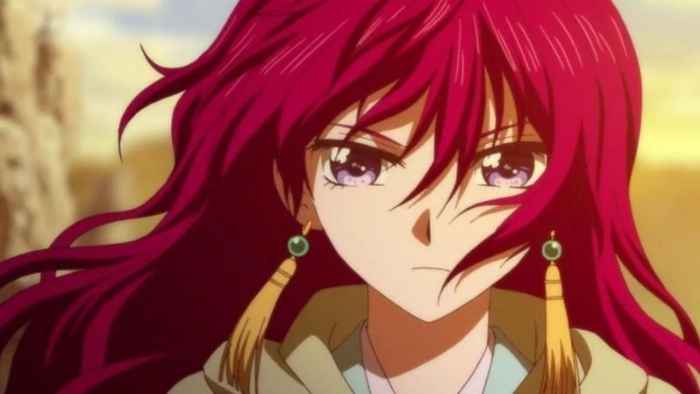
Shoujo And Shounen
While ‘shoujo’ (or shōjo) means ‘girls’ and ‘shounen’ (or shōnen) means ‘boys’, the terms are usually used to refer to the intended audience of a manga or anime. Shoujo is a sub-genre of anime all in its own right, aimed predominantly at young women but also branching out with male protagonists for the younger male audiences. Despite the intention of age demographics, shoujo is also very popular with adults and proved to be an empowering genre.
Tsundere
When a character appears cold and aloof, but then it turns out they have a heart of gold.
Urusai
Technically urusai means ‘noisy’ but can also mean “Shut up!”
Visual Kei
Another fashion movement, Visual Kei is known for its elegant and flashy costumes, makeup and hairstyles. Started by Japanese musicians, it’s sometimes used to lend performers a more androgynous look, and it has rapidly gained popularity.
Weeaboo
An English slur used to refer to someone so obsessed with Japanese culture that they emulate it in various aspects of their lives, despite the fact they’re not actually Japanese.
Yaoi and Yuri
Yaoi and yuri are both terms that describe homosexual love stories in anime and manga. While yaoi (pronounced yow-ee) refers to stories about gay male characters (also referred to as BL for ‘boys love’), yuri is used for tales about gay female characters.
X Gestures
Not a word but a gesture, the X is commonly used in Japan as a very clear symbol that you don’t want something, or that something is no good.
Zettai
Commonly used to affirm your intention to persevere, zettai means ‘absolutely’, as in “Absolutely, I will win!”
Unsure what the difference between anime and manga is? Check out our article explaining it all.





